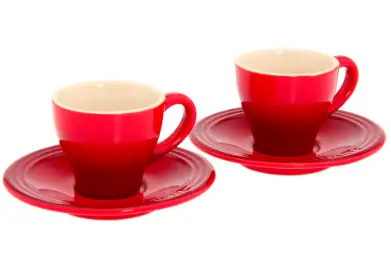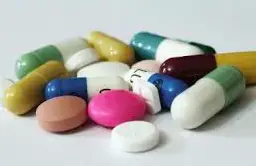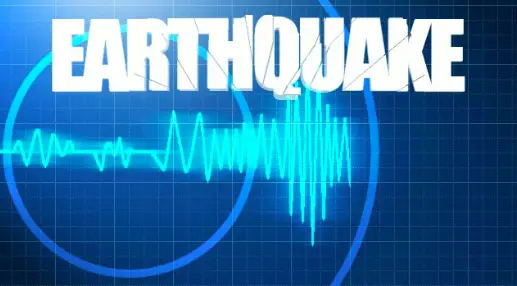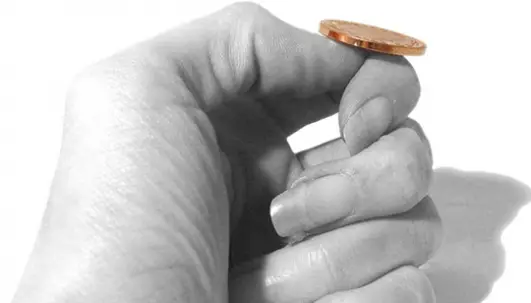
I think this is about probability. What you are asking is - if I am a cup and you are a cup (so two cups in a row) what is the probability of the third person being a cup? Is there a way to predict this? If we are to find out how to work out the answer we need to think about probability - what exactly is it?

Probability is essential to anything which deals with inexact systems - any discipline where our ability to predict the outcome is not perfect - like the example of the cups.
So you will find probability being used in our everyday life, in science, in law, in medicine, in weather forecasting (yes - it’s probably going to rain!)
Here are a few examples:

In medicine - when they come to decide whether to give the go-ahead to a new drug, they will have weighed the probability of the advantages of to the patient against the probability that there may be side-effects.
In law -when a defendant is on trial for a civil offence, his fate is decided when the magistrate looks at the evidence and considers the probability that it shows he is guilty or innocent. This is referred to as the "balance of probability".
Criminal law have a different standard, requiring the prosecution to prove "beyond any reasonable doubt" that the defendant is guilty.

In seismology - a geologist will try to calculate the probability of where and when an earthquake will strike a city, and, based on his advice, engineers will construct buildings to withstand an earthquake
Probability is all around - we live in an uncertain world!

A lot of scientific studies have been done on probability - not using cups but using coins. So you could change your question to...I flipped a coin and it landed heads, I flipped another and it landed heads...what are the chances the third one will be heads?
Have a look at this video - it is very good at explaining basic probability.
After you watch it, will you be further on in answering your question about the cups? Probably you will - or not!